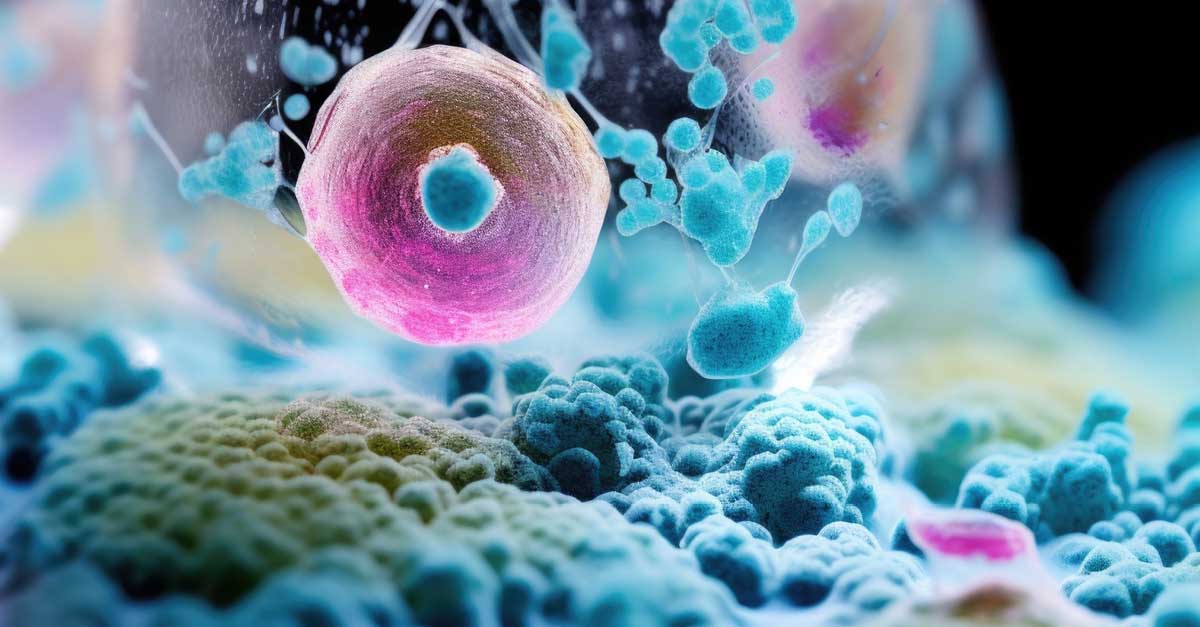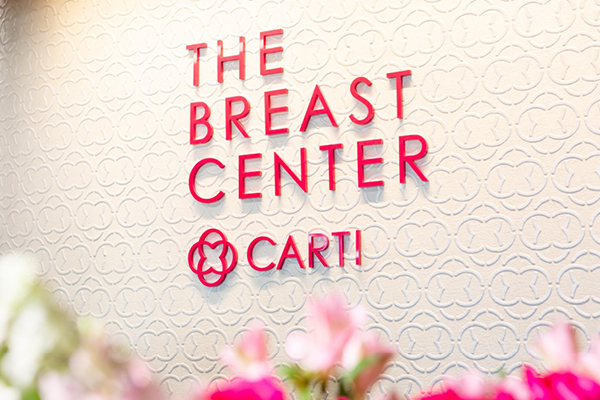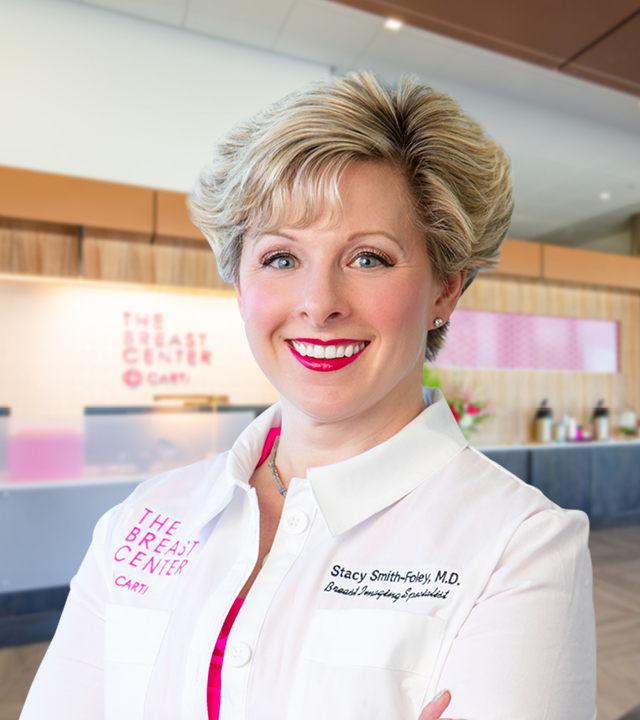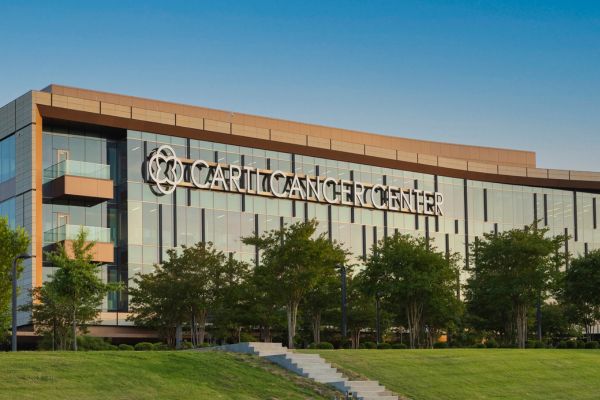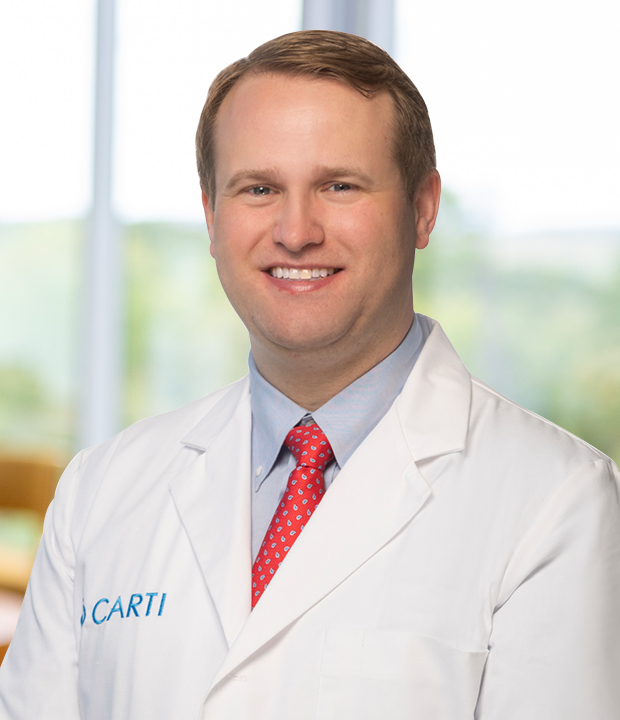Cancer & COVID Q&A with Traci Niece, Director of Infection Control, CARTI
As seen in the May/June issue of the Healthcare Journal of Arkansas.
Cancer.
The word is scary. Especially when you or someone you love are on the receiving end of it. It is said, there are hundreds of kinds of it and one-in-three of us will be on the receiving end of that word. Yes, that is the “look to your left, now look to your right” moment when you realize statistically, one of you will hear those words directed to you. Oncology is one of those specialties that seems to put into perspective our place in the universe, the wonder of the human body and our impact on stopping an uninvited invasion that can or is destroying the host. Cancer can make for difficult conversations as the shell-shocked listen. It has the ability to suspend time. Cancer broadens our consciousness. It makes us aware of our mortality.
COVID-19, or at least our social response to it, has done some of the same. SARS-CoV-2 is an uninvited intruder that can devastate the host. The urgency of fighting COVID-19 seems, in some places, like some forms of cancer treatment, where one might question if the potential cure is worse than the disease.
And cancer, unlike the flu, didn’t stop with this pandemic. It has thrived with COVID-19. One might wonder if those telltale spikes of that virus just might emit an undetected poison — fear — which has wreaked havoc on our cortisol levels. Our entire society has been in a “fight or flight” mode usually reserved for those diagnosed with a life-altering disease or event. Due to these society-wide COVID-19 fears, many procedures have been delayed and diagnoses missed.
We thought we would ask CARTI, some of Arkansas’ front-line oncology experts, their thoughts on battling two fronts — CANCER and COVID-19.
What percentage of Arkansans with cancer does CARTI treat?
CARTI treats 35% of new cancer patients in Arkansas and touches more than 60% of all cancer patients in Arkansas.
If a cancer patient, upon entering CARTI for chemo infusions, has fatigue, no fever but a wet, productive cough, would that patient be allowed to receive treatments at that time without a COVID-19 test? Would the answer differ if the patient had no known exposure to a person testing positive for COVID-19 and the fatigue was related to the chemo treatments?
It would depend if the symptoms were new onset or chronic. Assuming the fatigue and cough are new, we would generally test the patient at that time. We have the ability to do this on-site with results in less than one hour. While we wait for the results, the patient would be placed in an isolation room so they do not have to worry with leaving and coming back, should their test be negative. The answer would be the same for patients who have a known exposure.
If the patient’s COVID test comes back positive, we would confer with the patient’s physician to decide whether they are healthy enough to still receive treatment or if we need to reschedule the patient and follow CDC quarantine guidelines. Physicians may choose to delay treatment and have the patient wait the necessary two weeks, because their body needs an immune response to fight COVID, and the chemotherapy could possibly lower their ability to do that. If the physician deems it more important to receive treatment, then we will administer that under strict isolation protocols, which include having the patient access the building through a dedicated entrance, being held in an isolation room for their treatment, having all team members wear added PPE and the room undergoing added terminal clean protocols.
Of the COVID positive patients we’ve still treated, 50% of those have been patients with brain tumors who would possibly have a negative outcome if their treatment were delayed.
If the above question is answered: “No, they would not be allowed treatment without a negative COVID-19 test,” is a rapid COVID-19 test available on-site?
We have PCR testing available that is more accurate than the antigen testing. We can have results in less than one hour.
If a cancer patient getting chemo infusions at CARTI has tested positive for COVID-19, are they allowed to continue cancer treatment at CARTI? And if not, are other arrangements made for the patient to continue chemo? Basically, does COVID-19 trump cancer?
Due to the immunocompromised state of our patients, our physicians typically choose not to treat a patient who is actively COVID positive, because their body needs an immune response to fight COVID, and the chemotherapy could possibly lower their ability to do that.
There are instances where we will treat COVID positive patients if the physician deems it more important to receive treatment. In these instances, we will administer treatment under strict isolation protocols, which include having the patient access the building through a dedicated entrance, being held in an isolation room for their treatment, having all team members wear added PPE, and the room undergoing added terminal clean protocols.
Were cancer patients, in general, encouraged to receive COVID-19 vaccinations?
Yes, our physicians have been strong proponents of the vaccine and have encouraged our patients who qualify to take the vaccine. CARTI is now offering the vaccine to our patients.
Has CARTI’s staff been encouraged to have stage-4 cancer patients sign DNRs at a higher rate during this pandemic?
There has been no change in our practice; patients are still able to make this decision on their own.
When were cancer patients in Arkansas eligible to receive the COVID-19 vaccine?
Cancer patients were eligible to receive the vaccine in Arkansas effective March 16, 2021, when we moved into stage 1-C, as defined by the Arkansas Department of Health.
Were/are all cancer patients encouraged to get the vaccine? Is there a reason one might be discouraged from getting the vaccine — a particular point in treatment perhaps?
Patients who have an extremely low immune response might not benefit from receiving the vaccine at that time and may be advised to wait until immune status is sufficient to build an immune response.
What percentage of CARTI’s staff and patients have received the COVID-19 vaccine? What are the top reasons you are currently hearing for not being inoculated?
CARTI team members have been very receptive to receiving the vaccine. We currently have a 70% participation rate with staff. We are still analyzing data on patients, but most have already received the vaccine. The main reasons we hear from patients and team members who choose not to get the vaccine have been that they’re waiting on full FDA approval and are fearful of the vaccine due to unfortunate misinformation.
In your experience, are cancer patients having enhanced adverse effects from the COVID-19 vaccines?
We have not seen a significant difference in the effects of the vaccine on our cancer patients versus the general population in their age group.
Traci Niece, RN, is the director of infection control at CARTI, where she has worked since 2014. She received an associate of science degree in nursing from the University of Arkansas at Little Rock in Little Rock, Arkansas.

